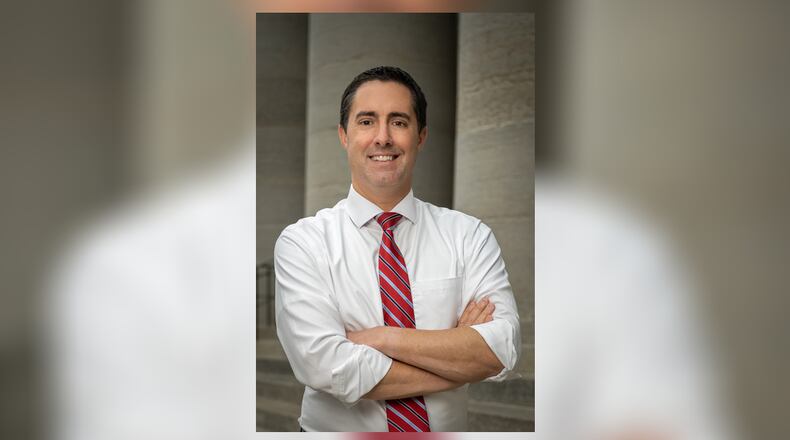The justices rightly rejected Colorado’s attempt to unilaterally deny Donald Trump access to their state’s presidential primary ballot, but the same ruling unanimously affirms that states may take such action toward non-federal candidates. Here’s the key line: “We conclude that States may disqualify persons holding or attempting to hold state office.”
This means any secretary of state with the duty to grant ballot access can block a state or local candidate alleged to have violated Section 3 of the 14th Amendment to the U.S. Constitution. Section 3, of course, bars from public office those who engage in insurrection or provide aid and comfort to an enemy of the United States.
The standard for applying this authority remains somewhat undefined, as it’s never been used prior to the attempts to block former President Trump. You might argue that a mere allegation of wrongdoing doesn’t justify a ballot ban, but that didn’t stop at least one rogue secretary of state.
Credit: NYT
Credit: NYT
While Trump has never been tried or convicted of either insurrection or providing aid and comfort to America’s enemies, Maine Secretary of State Shenna Bellows unilaterally ordered him blocked from the ballot based only on the assertion that the U.S. Constitution “does not tolerate an assault on our foundations of government.” She made no effort to prove that Trump himself committed such an assault.
Fortunately, the U.S. Supreme Court put its foot down on these cravenly partisan abuses of authority, but the matter remains unresolved as it relates to non-federal candidates. Do politically motivated judges or election officers have the authority to block state and local candidates who they believe showed support for the January 6th protests? A court in New Mexico has already removed one such officeholder and blocked him from the ballot. The Supreme Court’s decision could reinforce these actions, without providing any parameters for how they should be applied by the states.
Let’s play this out in a different setting. Black’s Law Dictionary defines aid and comfort as “encouragement.” Hamas has been labeled a terrorist organization by the U.S. government since 1997 and has declared itself to be an enemy of our country. State Representative Munira Yasin Abdullahi recently voted against a resolution condemning Hamas for committing “heinous and unprecedented attacks against the people of Israel.” Does her vote provide encouragement to America’s declared enemy? What about politicians who post pro-Palestinian statements or participate in public demonstrations of support? Should I or some future secretary of state deny them access to the ballot for violating Section 3 of the 14th Amendment?
I believe most of my fellow chief election officers exercise great discretion in performing our duties under the law, but that doesn’t mean the law will never be abused. Each state is now left to its own discretion as to how to define insurrection or aid and comfort, and each will now have to decide whether to adopt a formal process for candidate removal.
Of course, once you create a path, some will want to go down it. Others will say it’s best to leave it alone and argue that Ohio has no statutory process for denying ballot access based on a Section 3 violation. Either way, we should consider ourselves warned, and our legislators should decide how best to prevent this arcane constitutional provision from future abuse.
Frank LaRose is currently serving his second term as Ohio’s 51st Secretary of State, presiding over local, state and federal elections as the state’s chief election officer. He is also a member of the U.S. Army Reserve, where he serves with a special forces unit.
About the Author

